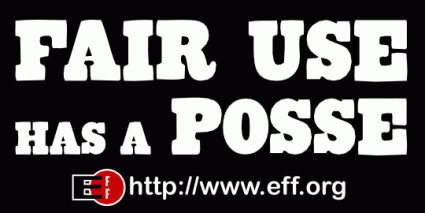There are changes taking place in the realm of intellectual property. From the sheer ease of copying to the attitude shift among users who’ve grown up with seemingly unlimited amounts of information available to them entirely for free, current circumstances encourage sharing and viral spread of information, not to mention sheer piracy. It can be difficult for even the most honest among us to be completely certain of the source and provenance of things available on the web.
And yet, intellectual property may now represent a significant part of a company’s value. The stakes are higher, and some industries are willing to go much further in pursuit of information pirates than they ever were in the past.
How can you protect yourself and avoid crossing the line? Ask yourself these questions about the intellectual property you’re planning to use:
- Is it public or private? If the information is freely available to anyone whether you share it or not, it’s public. For example, Santa’s physical address is not widely known, but I found it on a public website, and so can you. There’s nothing private about it (he lives in Finland, and he answers his mail, too). If you got the information from a document emailed to you — or, worse yet, to someone else — that’s not public.
- Did you take it or leave it there? Sometimes clients ask how to get permission to link to a site. This is completely unnecessary. When you link to a site, you’ve taken nothing. When you save that site’s images and upload them to your own site, you’re stealing.
- Did you pay for it? If you pay for a stock photo, stock music clip, or other piece of intellectual property, then you can use it according to the terms under which you bought it. If you didn’t read the terms, you’re still responsible for following those rules. For example, most stock photos can only be live in one place at one time; you can’t use them at five different websites.
- Do you plan to make money with it? Fair use is a very important concept. You can use information pretty freely for study or research, though the rules are not so clearly defined that they don’t involve some subjectivity. However, you can assume that you can’t sell someone else’s work. You can’t sell a list of links to other people’s knitting patterns just because you compiled that list. You can’t use someone else’s musical composition on your website just because you went to the trouble to upload it. You can’t profit from someone else’s work in a way that takes potential income from them.
I had kind of an interesting case once. I reviewed a local restaurant on a blog I was paid to write. I was paid to do this by quite a large company, and when they decided to end their paid blogging program, they invited the bloggers to continue their blogs, but I didn’t do so. The review of the restaurant therefore was removed from cyberspace.
I met it again a couple of months later as content for the homepage of the restaurant’s new website.
Since this was work-for-hire, the words didn’t belong to me. Since the website no longer existed, use of the words did the large company no harm.
Still, since I am a web content writer, the argument could be made that the restaurant’s use of stuff I’d written deprived me of the payment I would have gotten if they had hired me to write their website instead of just doing a cut and paste. I’m not litigious, so I didn’t even think of suing them, but I bet I could have won.


Leave a Reply